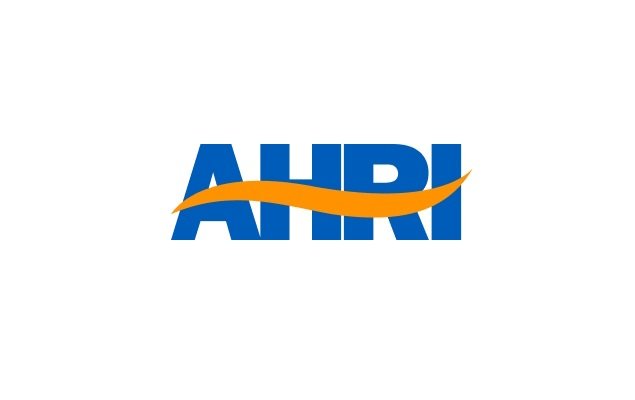02 October 2025
AHRI responds to EPA’s proposed reconsideration of Technology Transitions Rule
The Air-Conditioning, Heating, and Refrigeration Institute (AHRI) has issued an initial response to the U.S. Environmental Protection Agency’s pre-publication proposed rule revisiting the Technology Transitions (TT) Rule under the AIM Act. The original rule, adopted in 2023, restricts the use of high-GWP refrigerants in newly manufactured equipment across several sectors, including residential and light commercial air conditioning, supermarket refrigeration, and refrigerated transport.
According to AHRI, the proposed reconsideration appears to delay certain transition dates, which the association warns could disrupt long-term planning and investment by U.S. manufacturers. AHRI noted that many companies have already retooled production lines, certified new equipment, and built supply chains based on the existing timeline.
Maintaining the current schedule, AHRI emphasized, would avoid additional costs and logistical challenges such as dual inventories and overlapping training programs. A delay, the organization argued, could reintroduce outdated, high-GWP equipment into the U.S. market and potentially benefit foreign manufacturers, disadvantaging domestic firms that have already aligned with the AIM Act requirements.
The association also warned that changes to the rule could undermine regulatory certainty, disrupt refrigerant supply stability, and lead to a fragmented patchwork of state-level rules. Over time, such delays could raise costs for all stakeholders in the industry, including manufacturers, distributors, contractors, and end users.
“As stated many times previously, it’s important to remember that the existing TT Rule applies only to newly manufactured equipment,” said Samantha Slater, AHRI Senior Vice President of Government Affairs. “Existing systems can operate through their full useful life, and components will remain available to ensure that servicing is not disrupted.”
AHRI stated it will provide further comments following a full review of the proposed rule.
According to AHRI, the proposed reconsideration appears to delay certain transition dates, which the association warns could disrupt long-term planning and investment by U.S. manufacturers. AHRI noted that many companies have already retooled production lines, certified new equipment, and built supply chains based on the existing timeline.
Maintaining the current schedule, AHRI emphasized, would avoid additional costs and logistical challenges such as dual inventories and overlapping training programs. A delay, the organization argued, could reintroduce outdated, high-GWP equipment into the U.S. market and potentially benefit foreign manufacturers, disadvantaging domestic firms that have already aligned with the AIM Act requirements.
The association also warned that changes to the rule could undermine regulatory certainty, disrupt refrigerant supply stability, and lead to a fragmented patchwork of state-level rules. Over time, such delays could raise costs for all stakeholders in the industry, including manufacturers, distributors, contractors, and end users.
“As stated many times previously, it’s important to remember that the existing TT Rule applies only to newly manufactured equipment,” said Samantha Slater, AHRI Senior Vice President of Government Affairs. “Existing systems can operate through their full useful life, and components will remain available to ensure that servicing is not disrupted.”
AHRI stated it will provide further comments following a full review of the proposed rule.
